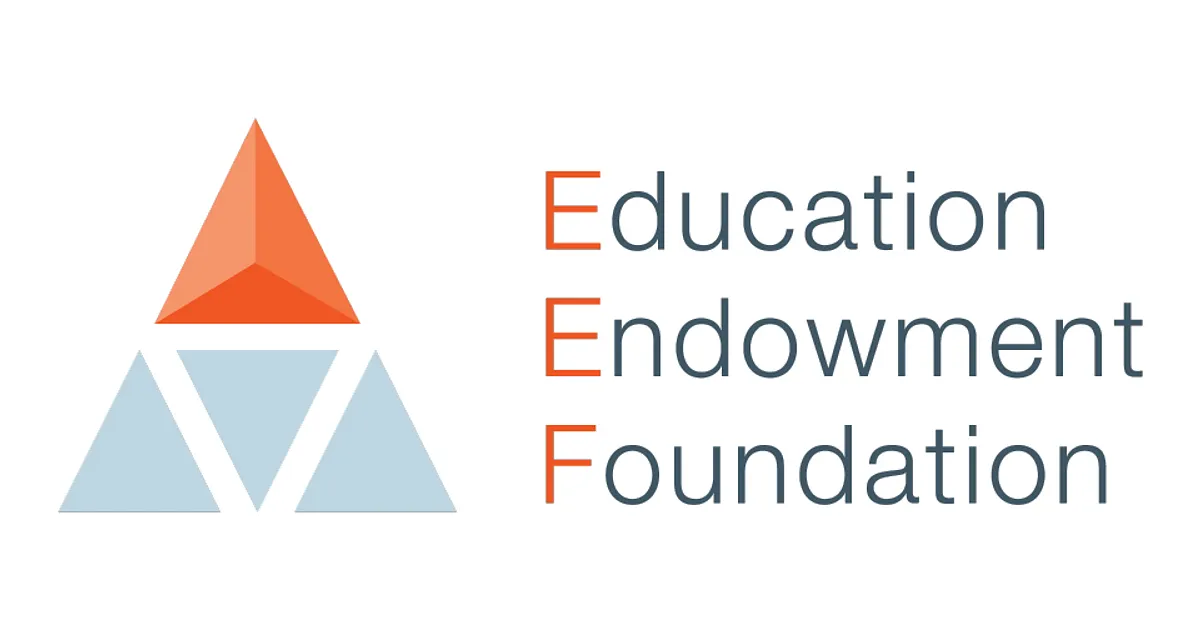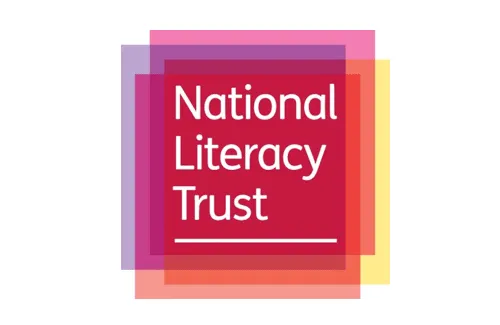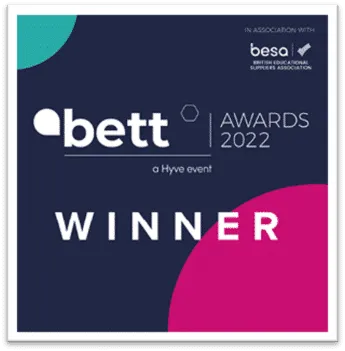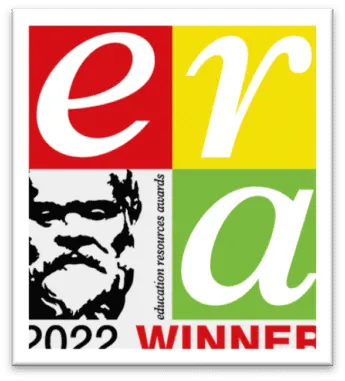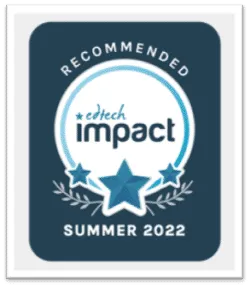With Accelerated Reader, a student reads a book, takes an online quiz, and gets immediate feedback. Students respond to regular feedback and are motivated to improve their reading skills.
Accelerated Reader
Accelerated Reader is a powerful tool for monitoring and managing independent reading practice, motivating your students to read for pleasure.

